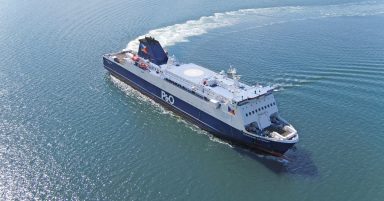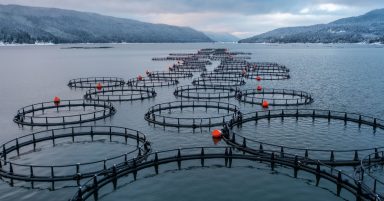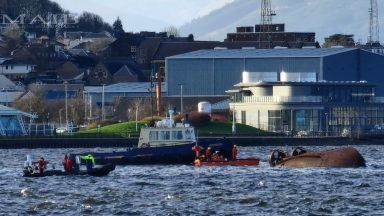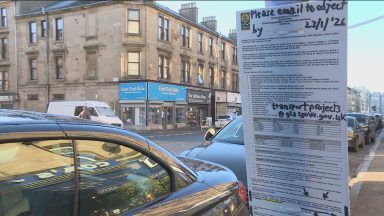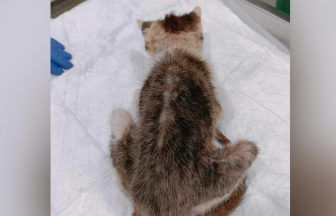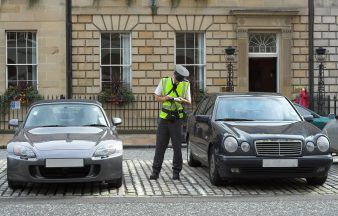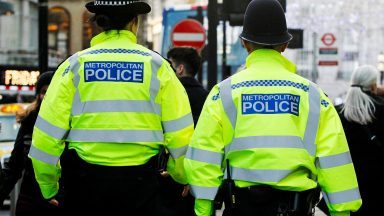Council chiefs are preparing around half a million pounds worth of relief measures to help Renfrewshire’s vulnerable during the cost-of-living crisis.
An extensive package of support — including winter clothing payments and plans to introduce warm spaces — has been put together and will be considered at a key summit on Wednesday.
A report to the leadership board confirmed £300,000 has been earmarked to deliver an additional £50 payment for each child who currently receives a school clothing grant, while £50,000 would go towards the creation of sites people can visit to heat up.
A total of £100,000 has been set aside for Renfrewshire Citizens Advice Bureau for an advice pilot in high schools.
The proposals have been drafted as rising inflation and energy costs continue to inflict several financial pressures on people in the area.
The council report described the predicament facing residents as “deeply concerning”, adding that services and partners were reporting “increasing incidence” of people unable to meet growing household costs.
Deputy council leader Jacqueline Cameron, convener of the Fairer Renfrewshire sub-committee, said: “Supporting people through the cost-of-living crisis remains our top priority.
“We have already allocated £4.4m to support initiatives tackling financial insecurity and poverty since 2021.
“Earlier this year, we allocated more than £1.4m to ensure residents and households can get support on food and fuel, including topping up the Scottish Welfare Fund and the discretionary housing payment as well as delivering financial insecurity payments.
“Now we are looking to allocate a further £500,000 to support people facing the challenges of rising energy bills and higher costs of living, if this is approved by councillors at the next Leadership Board.
“That money will include £50,000 to develop a Winter Connections programme to help people connect with one another over the winter through community spaces. This will also ensure that people can get advice and support in addition to reducing isolation.
“It also includes £300,000 in funding to provide an additional £50 winter clothing payment for each child in receipt of a school clothing grant and a recommendation to extend our financial insecurity winter payment for households facing financial hardship, especially caused by rising energy costs.
“Getting the right advice early is vital and that’s why we want to provide a further £100,000 in funding to Renfrewshire Citizens Advice Bureau to pilot an advice service across schools to support parents to maximise their income and help them if they are worried about debt or paying their bills.”
The winter clothing grant is intended to allow families to purchase warmer items as the cold weather sets in and would be made directly to bank accounts in October.
It has been suggested the financial insecurity winter payment, which is presently paid at a flat rate of £100 per household, is increased to £150 per household from next month.
The council, health and social care partnership and One Ren are also exploring ways of working with local partners for a warm space approach that would work in this area. A working group will be formed to look at how existing buildings can be used for this purpose.
Additionally, elected members will be asked to approve allocations of almost £45,000 from the Community Food Fund and just over £14,000 from the Recovery Change Fund.
Anti-poverty campaigner Terry McTernan, chair of Ferguslie Community Council, was encouraged by the series of proposals, but warned against a one-size-fits-all approach to the hardship people are experiencing.
He said: “Any measures the council are taking to address the current cost-of-living crisis are absolutely welcome, of course they are, but I think we need to be a bit more reflective of what’s going on at the ground.
“It’s this one-size-fits-all approach that is seeing people literally falling through the cracks.
“While I personally would never begrudge anyone who is in receipt of the school clothing grant an extra £50 — that’s perfect, it’s great — but there are families who don’t qualify for those, who are maybe just marginally above the income bracket.
“Certainly during the pandemic it was that same bracket of people that we were consistently having to step in and help.
“It could be a wee bit more widespread, it could be a bit more wide-reaching.”
Follow STV News on WhatsApp
Scan the QR code on your mobile device for all the latest news from around the country


 iStock
iStock




